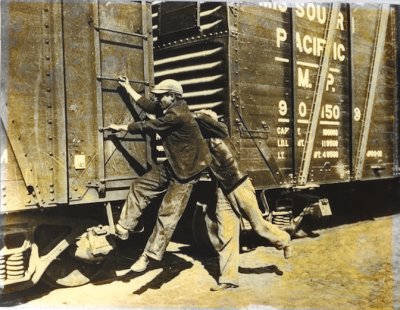LizzieMaine
Bartender
- Messages
- 33,101
- Location
- Where The Tourists Meet The Sea
It's interesting to hear even how different celebrities incorporated WWII into their postwar lives. Bob Hope spent the last fifty years of his life riding on his wartime reputation, to the point of becoming an official "honorary veteran" -- but bandleader Kay Kyser was even more tireless than Hope was in touring for the USO, and never once tried to trade on that reputation in later life. Baseball player Hank Greenberg served longer in the military during the war than any other Major Leaguer, a total of 47 months in uniform, and you never once heard him complain about the years he lost to military service -- unlike Williams and DiMaggio, who lost far less out of their careers than he did (and, to be honest, had less riding on the outcome of the war than he did.)

